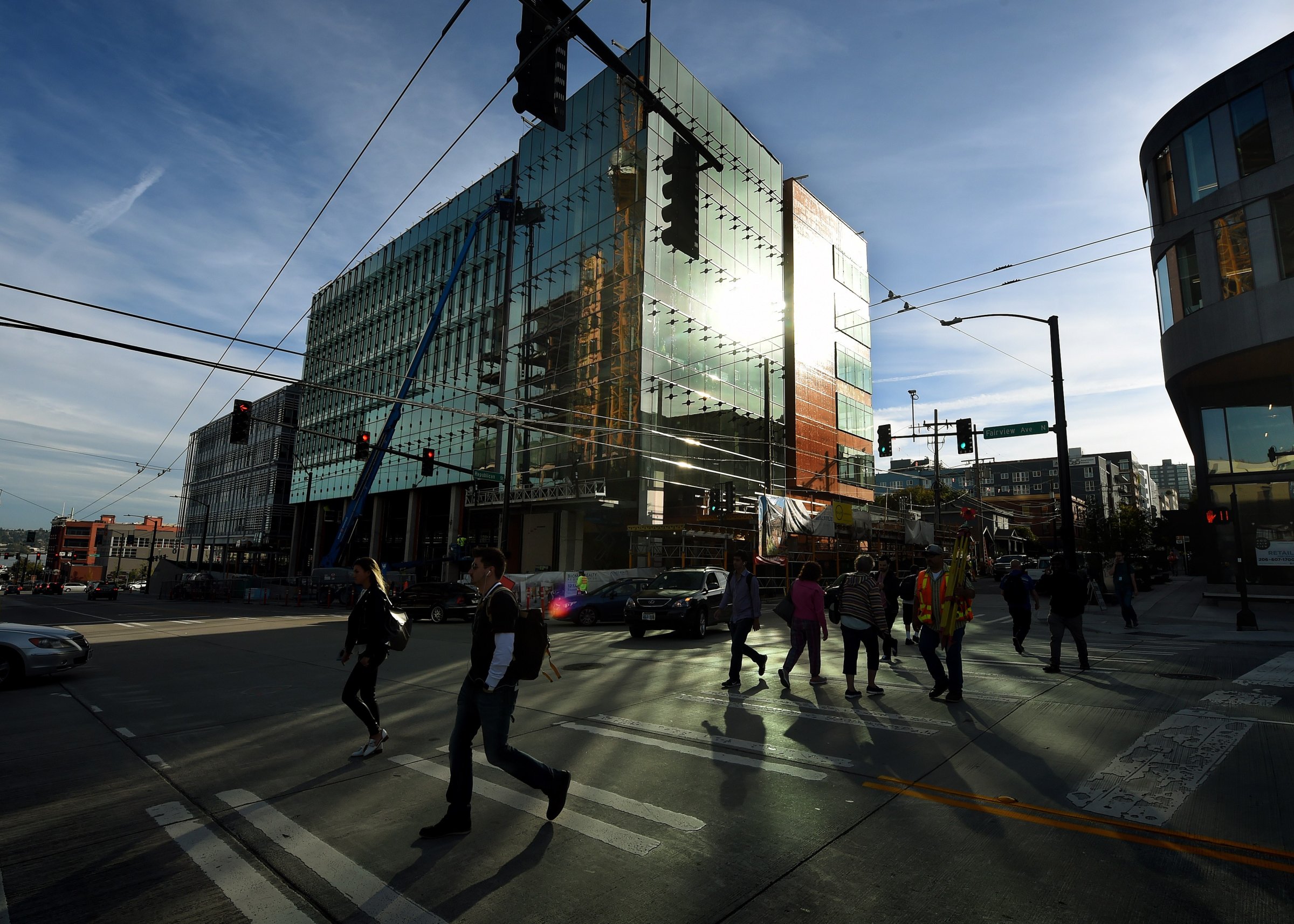
The email we received made it seem like a benefit. Starting soon, the company I worked for would start serving dinner in the corporate cafeteria. Now we tireless workers could bring home dinner to our families. On the surface, that seemed pleasant—what spouse wouldn’t rejoice at not needing to cook dinner one evening?
But then we started to peel the onion of this new work-life initiative. We quickly realized that no one in the history of corporate food had ever remarked at lunch, I wish I could bring this meal home for dinner and share it with my family.
The real reason the office started offering that third meal was so that we’d work through not just lunch, but also dinner. A new, ruthless CEO had been put in place. Though angry stockholders would chase him out for the stranglehold he inflicted on the multi-billion dollar brand, he was determined to leave a legacy of workaholism.
That’s why the new Amazon initiative for a 30-hour work week is so perplexing. What’s their gain? How do they stand to benefit as a company?
As much as I adore Amazon Prime (when I see a shipping charge on another online store, I laugh inside and think, Pay for shipping? We stopped doing that in 2005!), as a jaded cubicle-dweller with 15 years on the inside, I’m always apprehensive when I see changes like this. I grew especially weary when reports linked this experiment to the growing belief that automation was going to make some jobs irrelevant.
Translation: The robots are coming.
And while I may not feel that particular impact, other jobs will—even outside of Amazon—because companies tend to pay attention to market leaders like Amazon.
So what does this mean for you and me? Three things:
The workday will take new shapes. Flex time, working from home, telecommuting—call it what you want, the workday will no longer be a fixed box of nine-to-five. This is wonderful news if you’re a self-motivated, self-directed kind of person. This is terrible news if you’re lazy and need the construct of an office to get anything done. You know that coworker who spends most of his work-from-home days manicuring his fantasy football team? He’s going to get fired. Get ready for a workday with more personal freedom, but more personal responsibility, too.
Work-life balance will become less and less clear. Thirty years ago, the only people on-call were doctors. At backyard barbecues, they’d nervously check beepers the size of VCRs, waiting to be called into the Emergency Room. But at least they were paid like doctors. Now, with the sneaky pervasiveness of our phones, we’re all on-call. Except we’re not all paid like doctors. Amazon’s move might appear to address work-life balance, but make no mistake: That’s on you, not your company. You have to fight for that balance, defend it and protect it. It’s not your company’s job for you to have a good job—it’s your job. The sooner you realize that, the more you can take control of your career.
What you do will change. Imagine being an auto mechanic in the late 1980s. After a long career, a manager comes up and says, “Either learn how to program computers or leave.” The entire automotive model changed dramatically when mainframes started mattering more than mufflers. Photographers had to learn digital photography. Designers had to learn Photoshop. Cab drivers now deal with Uber, and hotels with Airbnb. Change is not new—the best horse salesman probably hated Henry Ford—but it is happening faster than in years gone by. I wrote an entire book about how to thrive in the changing job market, called Do Over. What I found over and over in my research was the people who prepared for the change rode it like a surfer on a wave. The people who ignored the change got crushed against the shore. Change is coming.
If this new 30-hour work week ruins Amazon Prime in any way, I am going to write a sharply worded one-star review. I will be furious.
But even if that doesn’t happen, life will soon be different for most if not all of us. Your work-life balance will only get more difficult. Your workday will look very differently in a year from now. You will need to learn new tasks. Change is here.
More Must-Reads from TIME
- Donald Trump Is TIME's 2024 Person of the Year
- Why We Chose Trump as Person of the Year
- Is Intermittent Fasting Good or Bad for You?
- The 100 Must-Read Books of 2024
- The 20 Best Christmas TV Episodes
- Column: If Optimism Feels Ridiculous Now, Try Hope
- The Future of Climate Action Is Trade Policy
- Merle Bombardieri Is Helping People Make the Baby Decision
Contact us at letters@time.com